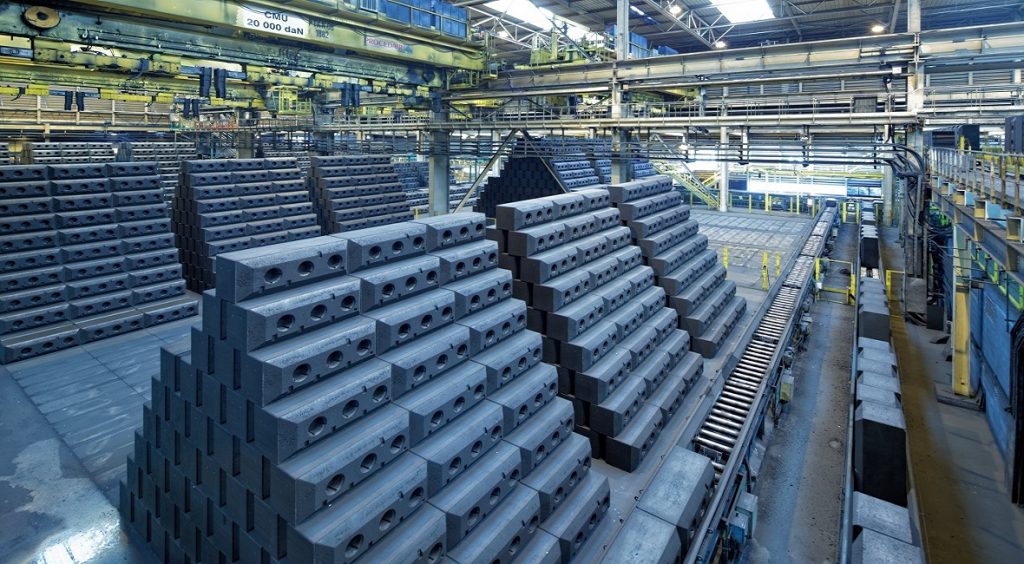Steel tycoon considers bid for Rio Tinto’s Dunkirk aluminium smelter

SYDNEY/LONDON, Dec 14 (Reuters) – Liberty House, the industrial and commodities group buying a number of steel assets around the world, is considering a bid for Rio Tinto’s aluminium smelter in northern France, the largest in Europe, three sources with direct knowledge of the matter told Reuters.
The Dunkirk plant, which the sources value at around 200 million euros ($234.44 million), would add to the Gupta Family Group (GFG) conglomerate, whose assets range from steel mills and aluminium smelters to hydro-power plants and a private bank.
Liberty House, which is headed by Sanjeev Gupta, and Rio Tinto both declined to comment on the matter.
Gupta had met with France’s President Emmanuel Macron in October to offer assurances that he would save jobs, one of the sources said.
Asked if there had been any contact between the French presidency and Rio or Liberty House, Macron’s office said: “The government is attentive to the future of this important industrial site”. It declined further comment.
Rio Tinto’s chief executive, Jean-Sebastien Jacques, who took charge in July 2016, is moving to divest all but the company’s best-performing units.
Rio sold its Coal & Allied Industries Ltd in June for $2.6 billion and is in the process of selling two Australian coking coal mines. Earlier this year, the chief executive of Rio’s Alcan unit, Rannveig Rist, said it was planning to sell its Icelanding aluminium smelter ISAL.
Liberty House Group has spent hundreds of millions on acquisitions, including Rio Tinto’s aluminium smelter in Scotland and Australia’s bankrupt steel producer Arrium.
Gupta hit the headlines last year when he bid to acquire Tata Steel’s loss-making Port Talbot operations in South Wales, before the Indian conglomerate began merger talks with German rival Thyssenkrupp that are still ongoing.
The group has also approached Rio to buy its Australasian aluminium smelting unit Pacific Aluminium, sources had previously said.
As aluminium production is very energy-intensive, aluminium plants outside China tend to be located next to hydro-electric dams or Middle Eastern oilfields if they are to be profitable. Dunkirk is located close to a nuclear plant and a port.
The Dunkirk plant was built to use the excess electricity of two nuclear reactors originally destined for Iran. After the 1979 Islamic revolution, the French government put the two reactors in Gravelines, in Northwest France in 1985.
France’s Pechiney started the plant in 1991. It was subsequently bought by Canada’s Alcan, which was itself taken over by Rio Tinto in 2007.
(By Melanie Burton and Clara Denina; Additional reporting by Paulina Duran, Josephine Mason, Jean-Baptiste Vey and Gus Trompiz. Editing by Gareth Jones)
{{ commodity.name }}
{{ post.title }}
{{ post.date }}




Comments